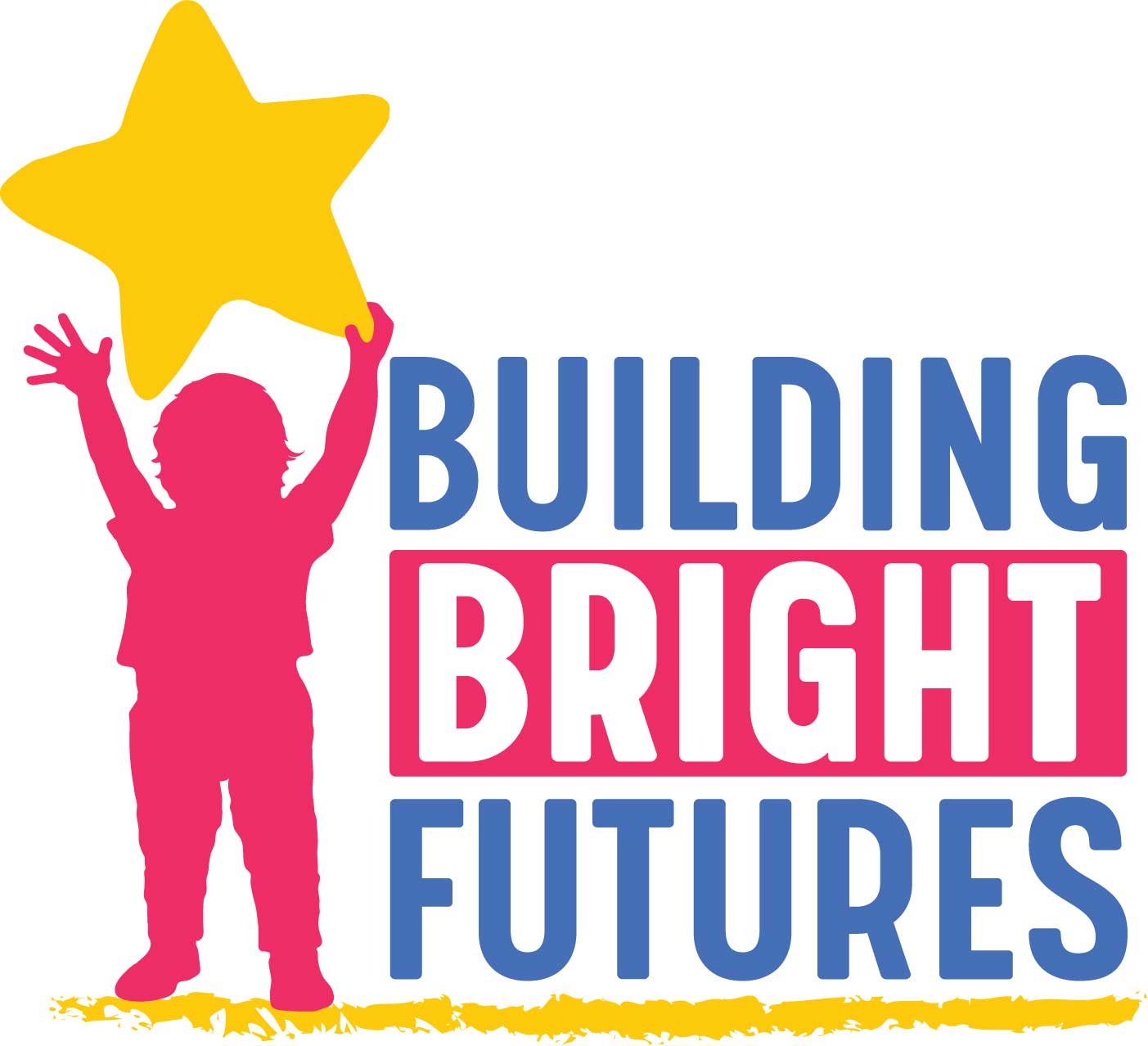Supporting an Integrated System of Care
March 2022
News from the Network is an email series from Building Bright Futures that spotlights the work of Regional Councils, updates related to early childhood data, emerging priorities from VECAP Committees, and more. Written by our Policy and Program Director Anna Brouillette, this update gives a closer look at BBF’s work across the state of Vermont to improve the well-being of young children and families.
Integration Efforts in Vermont’s Early Childhood System
Integration within Vermont’s Early Childhood System continues to be a priority outlined in the Vermont Early Childhood Action Plan (VECAP). Over the past year, Building Bright Futures (BBF) undertook an information-gathering effort through a survey and stakeholder discussions to determine areas of consensus and barriers impeding progress toward integration in the Early Childhood System. This month, Building Bright Futures released an issue brief that outlines stakeholders’ perspectives on the current state of integration in Vermont’s Early Childhood System and describes an ongoing effort to move us closer to the vision we have collectively developed. Read more in the brief, “Integration in Vermont’s Early Childhood System.”
Meanwhile, Vermont’s Child Care and Early Education Systems Analysis (ECSA) remains underway. The ECSA is required by Act 45 (An act relating to child care systems and financing), which was signed by Governor Scott on June 1, 2021. Building Bright Futures has contracted with Foresight Law + Policy and Watershed Advisors to conduct the ECSA. The goal of the ECSA is to examine the systems that govern and administer child care and early childhood education and use this information to make recommendations for Vermont’s approach to improving the functionality of services and systems that will promote optimal outcomes for children and families.
During February and March, BBF supported the ECSA team by hosting six meetings to present the initial themes captured by the Systems Analysis and gather additional feedback from early childhood stakeholders. Many of these conversations were held by Regional Councils, and 140 early childhood stakeholders and partners from across sectors and regions attended, further strengthening integration and promoting collaboration across regions. To view one of these additional sessions related to the Systems Analysis, please see the February Child Outcomes Accountability Team (COAT) meeting here.
Integration and Collaboration in Action for Kindergarten Transitions in Rutland County
Partners engaged with the Rutland Regional Council shared with us that Rutland County Head Start has established Kindergarten Readiness Goals that were developed by a cross-sector group of kindergarten teachers, Head Start staff, and parents in the region. The effort reflects an impressive level of systems coordination and integration happening in the region, including a significant focus on parents as partners in their children’s development and education. Under this program, each year families choose three kindergarten readiness goals that they feel are most important for the program to focus on. Additionally, through this collaboration, kindergarten teachers are invited to visit Head Start classrooms, transition meetings are held between educators and transition specialists, a series of meetings for families are held on the transition to kindergarten (co-facilitated by Head Start staff and kindergarten teachers), and families receive assistance with kindergarten registration. This approach also seeks to emphasize the importance of individualized supports and services for young children and their families as they transition from early childhood/Head Start settings to kindergarten.
BBF Network Integration-Related Initiatives
The Child Outcomes Accountability Team (COAT) continues to inform strategies and monitor progress towards VECAP Goal #1, “All children have a healthy start.” Given this role, COAT aims to improve integration and coordination of partners committed to the health and well-being of young children and their families in Vermont. In March, COAT continued these efforts towards alignment by hearing a presentation from home visiting partners about the models currently in place for evidence-based home visiting programs in Vermont, as well as ongoing efforts to scale up state funding and more broadly implement these evidence-based models.
Additionally, the committee engaged in a conversation about the current state of family partnership efforts in Vermont with Jen Fortman, Co-Chair of the Families and Communities Committee and Parent Co-Lead on the VIP-3 grant, and Charlotte Safran, family partnership expert and UVMMC and Maternal Child Health Division Consultant. This conversation is one of many happening as part of the VIP-3 project, which aims to strengthen the quantity and quality of opportunities for families to engage in leadership opportunities within Vermont’s early childhood and maternal child health systems. Read more about the project here and watch the recording from the March meeting here.



